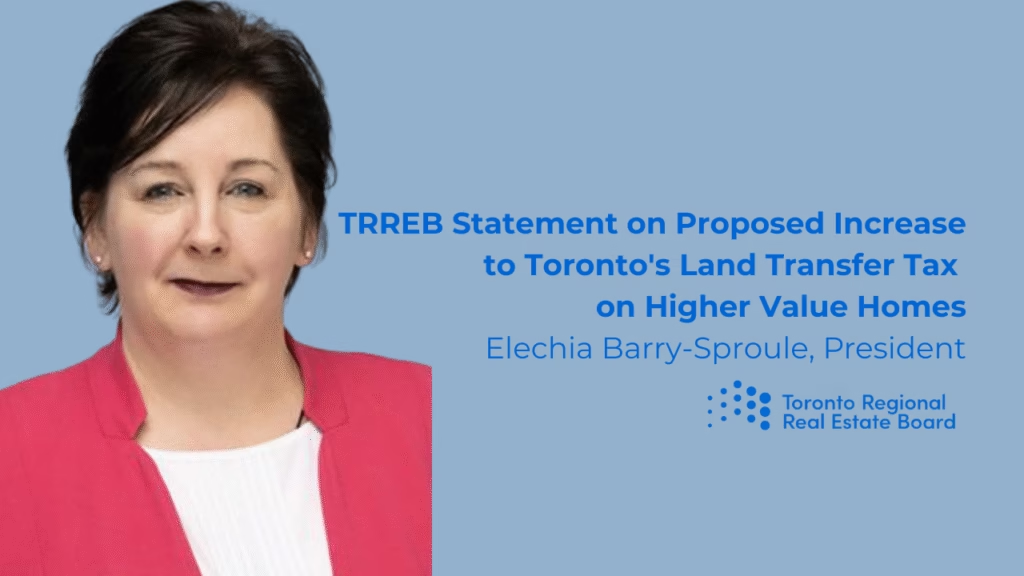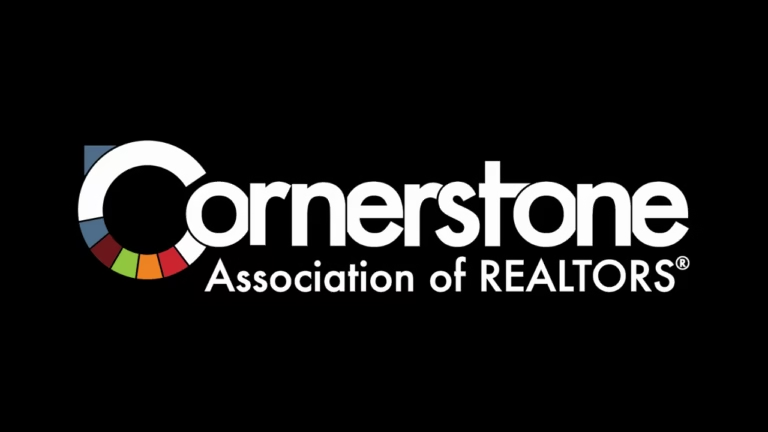Opinion Piece by Mark Mclean
Back at the beginning of 2024, CREA introduced the Clear Cooperation Policy. This new rule essentially prevents Realtors® from promoting their exclusive listings to the general public by forcing them to upload them to MLS within a tight timeframe, generally a few days. The policy mirrors a similar rule adopted by CREA’s US Counterpart NAR (the National Association of Realtors) back in 2020. Since that date the Realtor® community has been pretty evenly divided on whether this is a good policy or not, with some of the US’s biggest players weighing in.
Critics of NAR’s policy include heavyweight Compass Real Estate, who argue that ‘it strips homeowners of the ability to test pricing strategies privately and increases their risk of price reductions’. Not surprisingly, big US portals like Zillow and Redfiin, support the policy because it ‘makes listings more visible to all buyers and their agents, and that it prevents exclusive networks from gaining an unfair advantage’. If you aren’t sure what side of the fence you sit on, there are a number of things to consider.
First, there will be situations where a seller doesn’t want their home on MLS, but still wants you to market the heck out of it. For example, a seller wants your network of agents and connections to go out and market to a specific group of private high net worth buyers. Think about a basketball star’s mega mansion. Another example could be a seller who is simply guarding their privacy closely, perhaps someone who is avoiding a dangerous stalker. Under both NAR and CREA’s policy, the Realtor® could not use their best efforts to sell the home exclusively without breaking the rules and this not only places limits on the Realtor®, but it also imposes requirements on Realtors®’ clients. To complicate it even more, if the Realtor® is acting on clear instructions from the seller to use their best efforts to sell their property without MLS but the property is inadvertently promoted, the listing must be terminated or placed on MLS even though that’s in contravention to the seller’s wishes.
It’s a valid argument to say that a home sold outside of an MLS would affect the data of the entire market. Since it’s not reported, the sales data can’t be used to create CMA’s (a comparative market analysis) or used for appraisal purposes. For MLS and big portals, off market sales make their systems less valuable to their members or shareholders.
Now, there is truth to the argument that by not being listed on an MLS system a seller is missing out on many potential buyers which could mean a lower sale price. That has a double whammy effect of both hurting the seller but also limiting the options of a buyer. So the question is, if a seller, aware that the potential pitfalls of not being on MLS could mean their home would be exposed to fewer potential buyers and result in a lower sale price, and still chose not to be on MLS, should that be allowed? Ultimately it is up to the consumer to decide what they want to do, what services they want and how much they want to pay. Is a real estate organization like CREA overstepping their boundaries by enforcing this rule?
So what’s next for the CREA’s Clear Cooperation Policy? Well, there have already been some policy changes in the US to be aware of. First and foremost is the acknowledgment that NAR wants what’s best for the consumer so its extending the delay on posting to MLS to give sellers some leeway as well as creating a disclosure form laying out the potential downfalls to marketing a home exclusively for sellers to sign.There is a potential for this policy to be challenged here in Canada by the Competition Bureau for its potentially anti- competitive issues. That battle could tie up the courts for years and force CREA to make changes and given the fact that we are talking about a very small segment of the market, it seems like a colossal waste of time and money. If it’s about data, then another solution would be, within a disclosure acknowledgement is a direction from the seller to post the sale to the local MLS.
There’s no question that this discussion will continue. What do you think? Should the Clear Cooperation policy continue under its current configuration? Should it be cancelled or adjusted?
Mark Mclean is a 30 year real estate veteran in Toronto. He is the Broker of Record of KIC Realty and has served as the President of the Toronto Real Estate Board in 2015-2016 and Director at Large of OREA.









